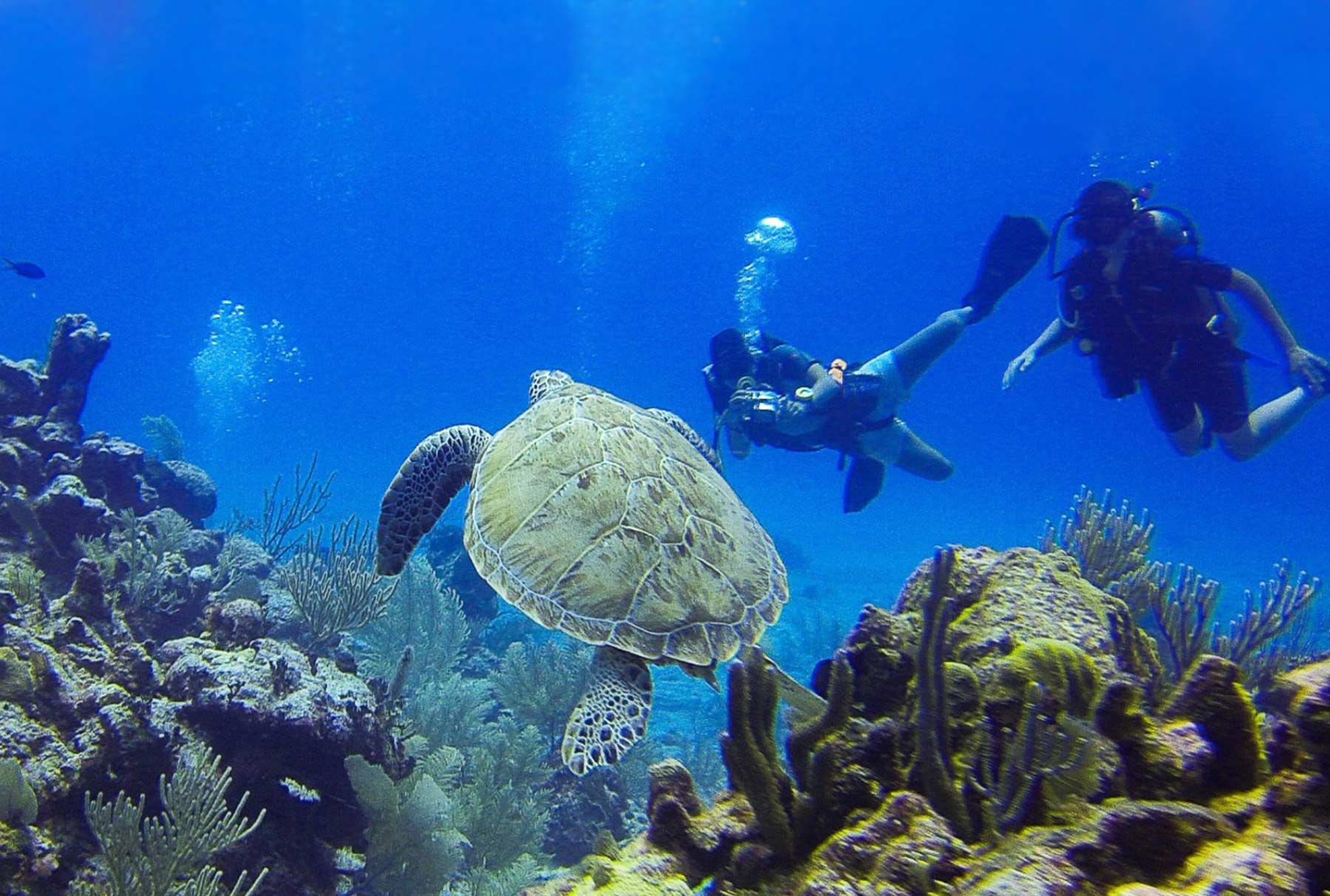Undergraduate Marine Zoology and Marine Biology Degrees
We nurture marine biologists of the future. You'll learn the role oceans play in global change.
Our subject is vital to protecting the planet. During our marine zoology and marine biology and zoology degree programmes, we teach you about:
- marine biology and ecology
- marine zoology
- oceans and climate
- sustainable use of the seas
- marine management
- the conservation of marine animals
Learn about Sustainable Seas: Forging Paths to Ocean Conservation at one of our Marine Science taster days held at our Dove Marine Lab in Cullercoats for year 10-13 students.
Teaching excellence
We conduct cutting-edge research of global importance. It addresses issues such as:
- biodiversity and ecosystem management
- global changes to our oceans
- marine biotechnology and geoengineering
- monitoring, mapping, and modelling of marine ecosystems
Research active and internationally recognised scientists in this field will teach you.
Quality and ranking
Marine Biology and Marine Zoology at Newcastle University ranks in the:
- Top 150 – Earth and Marine Sciences – QS World University Rankings by Subject 2022
The Institute of Marine Engineering, Science, and Technology (IMarEST) accredit our degrees. You'll meet a requirement for chartered marine scientist registration.
Careers in marine biology and marine zoology
The seas are key to the UK's economy and quality of life. UK marine environment plays a large part in our nature conservation heritage, through:
- energy supplies
- ship-borne trade
- fisheries
- marine aggregates
- tourism and recreation
During your second year, you undertake a short placement within the marine sector. This is a great opportunity to gain experience during your degree. Many of our graduates have gone on to gain employment with our placement providers. Employers hold our graduates in high regard. Some have secured jobs with companies such as:
- Marine Management Organisation (MMO)
- Natural England
- Ocean Ecology
- Natural Power
- BBC Natural History Unit
- Lindisfarne Natural Nature Reserve
Dove marine lab
The Dove Marine Lab has a proud history of supporting excellence in our subjects. The lab houses a wide range of equipment including:
- standard field equipment for use on the shore, available for class sizes of up to 80 students
- deep water tanks, with a water depth of 3m with continuous water circulation
- mesocosm measuring 2m in diameter and 1m high for large scale aquarium experiments
- five experimental cabinets designed for smaller tank experiments at temperature (3-20°) and photoperiod
Blyth marine station and research vessel
Blyth Marine Station helps us support the use of our Research Vessel, The Princess Royal. The station includes:
- an operational office
- workshops for support and maintenance of the vessel and its equipment
- facilities for staff and students to use when preparing for vessel trips
- facilities for engineering-related outreach activities for school children
Ridley laboratories
We have a suite of 10 modern research-ready laboratories in the Ridley Building. Specialist facilities include:
- computer-controlled force gauge and Pressurised WaterJet
- contact angle goniometer
- molecular biology suite
- EthoVision® Video Tracking System and Simi Motion® 3D Tracking System
- Sperm Class Analyser®
- uHPLC and Mass Spectrometry
- freeze drier for sample preparation for analysis
- gas chromatography for analysis of trace gases (methane, sulfur hexafluoride, carbon dioxide and nitrous oxide)
- air-sea gas exchange tank to simulate natural air-sea gas transfer with waves and surface films
- spectrophotometers – 3D fluorescence, UV-Vis and microplate fluorescence
- timelapse video microscopy, digital image capture, and high-speed video capture (1000frames/sec)
